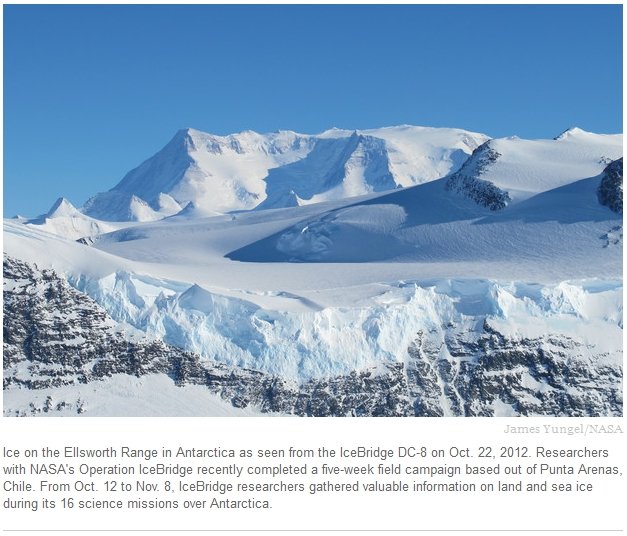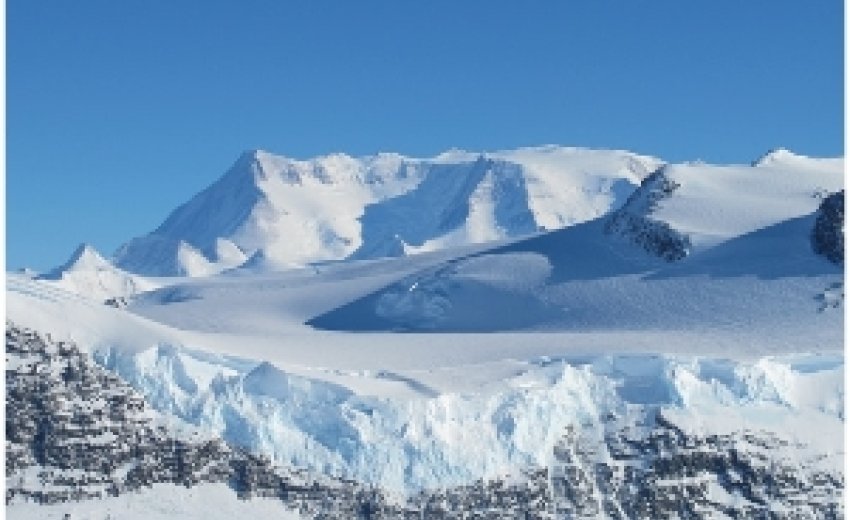
Dec 15, 2012: A leaked draft of the UN’s most comprehensive study ever on climate change shows increasing evidence that links human activity to global warming.
It is “extremely likely” mankind is responsible for more than half of the observed temperature rises since the 1950s, a United Nations agency said in a draft report. In the UN’s last study, in 2007, human influence on the temperature rise was deemed “very likely.”
The document was posted by the blogger Alec Rawls on the website www.stopgreensuicide.com. In that post, Rawls, who is also an official reviewer of the study, said he regards his confidentiality agreement with the UN agency responsible for the research as “vitiated by the systematic dishonesty of the report.”
The report by the UN Intergovernmental Panel on Climate Change is due for publication starting in September. It will come in three parts and then a final summary, culminating in October 2014. It’s intended to guide envoys from 194 countries working on adopting a new treaty by 2015 that would fight climate change.
The IPCC said in a statement today that the leak “interferes” with the drafting process, and that the report is a “work in progress.”
“This report further confirms that there really is no doubt about the fact that the Earth is warming, and there is no reasonable doubt that greenhouse-gas emissions from human activities are the primary driver of that warming,” Bob Ward, policy director at the Grantham Research Institute on Climate Change and the Environment at the London School of Economics, said in a phone interview. “The evidence is now more robust.”
Fifth Assessment
Most of the main aspects of the science of climate change have been well established and were well established in the last report in 2007, Ward said.
A total of more than 830 authors and editors from 85 countries are compiling the IPCC’s so-called fifth assessment report. The terms used are assigned probabilities, with “virtually certain” representing 99 percent to 100 percent; extremely likely being at least 95 percent; “very likely” is 90 percent and up; and “likely” is at least 66 percent.
In 2007, the IPCC said global warming is an unequivocal fact and that “most of the observed increases in globally- averaged temperatures since the mid-20th century is very likely due to the observed increase in anthropogenic greenhouse gas concentrations.”
“Most of the main aspects of the science of climate change have been well established and were well established in the last report in 2007,” Ward said.
The period from 1981 through 2010 was “very likely” the warmest 30 year period in at least 800 years, the researchers wrote in the latest draft of a 26-page summary for policy makers, the main document that will guide lawmakers.
Rising Seas
It’s “virtually certain” sea levels rose by 1.4 millimeters to 2 millimeters a year over the 20th century, they wrote. And it’s “very likely” the sea level rise this century will exceed the rate of the past four decades.
For the scenarios examined, they projected sea levels will rise by 29 centimeters to 96 centimeters (11 inches to 38 inches) this century.
Ward, who said he who didn’t post the document online, is one of more than 800 reviewers of the study. The IPCC received 31,422 comments for its draft, which will all be considered when preparing the next draft, according to the UN panel.
“These drafts were provided in confidence to reviewers and are not for distribution,” the panel said in its statement today. “It is regrettable that one out of many hundreds of reviewers broke the terms of the review and posted the drafts.”
Other findings listed in the draft include:
- “More than half of the total carbon emitted by human activities has been taken up by the ocean and the land since 1750. The remainder has caused an increase in the atmospheric CO2 concentration by over 40 percent since 1750, and by about 10% since 1990.”
Antarctica
- There is “very high confidence” that man-made carbon dioxide dissolved in seawater is causing “gradual acidification.”
- “There is very high confidence that the Greenland Ice Sheet has lost mass since the early 1990s, and that the rate of loss has increased.”
- There is “high confidence” the Antarctic Ice Sheet is losing mass.
- Based on evidence from ice cores, there is “very high confidence” that the concentration of carbon dioxide is 30 percent higher now than during the past 800,000 years. The methane concentration is 125 percent higher.
- The global average surface temperature will “likely” be 0.4 to 1 degree Celsius (0.7 to 1.8 degree Fahrenheit) higher from 2016 through 2035 than during the two decades through 2005.
Gulf Stream
- It is “very likely” the Atlantic Meridional Overturning Circulation -- the system of currents that includes the Gulf Stream -- will weaken during this century. It is “very unlikely” it will collapse completely.
“The text will necessarily change in some respects once all the review comments have been addressed,” the IPCC said. “It should also be noted that the cut-off date for peer- reviewed published literature to be included and assessed in the final draft lies in the future (15 March 2013). The text that has been posted is thus not the final report.”
To contact the reporter on this story: Alex Morales in London at [email protected]
To contact the editor responsible for this story: Reed Landberg at [email protected]
